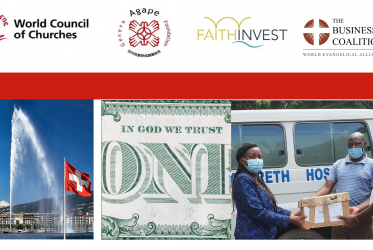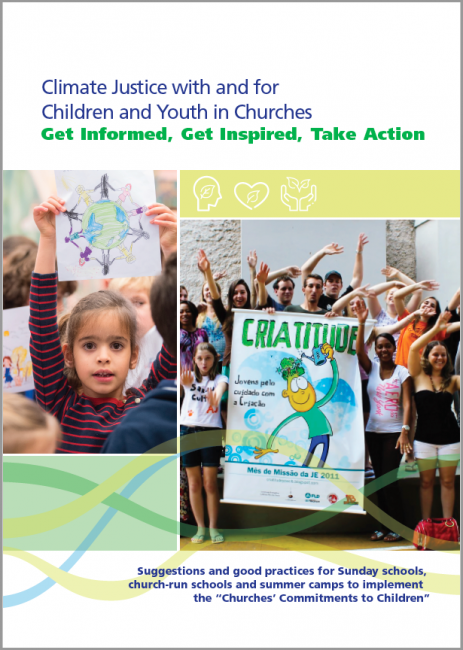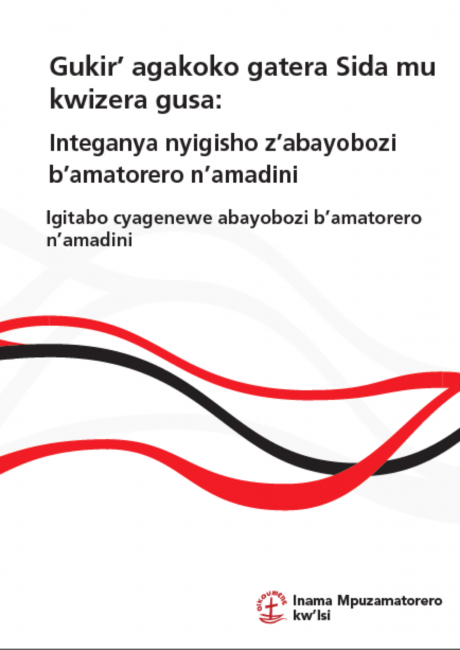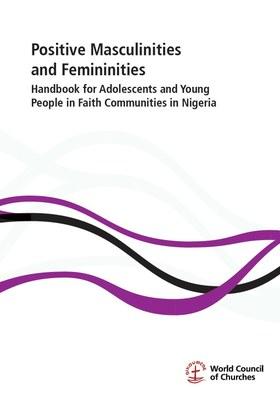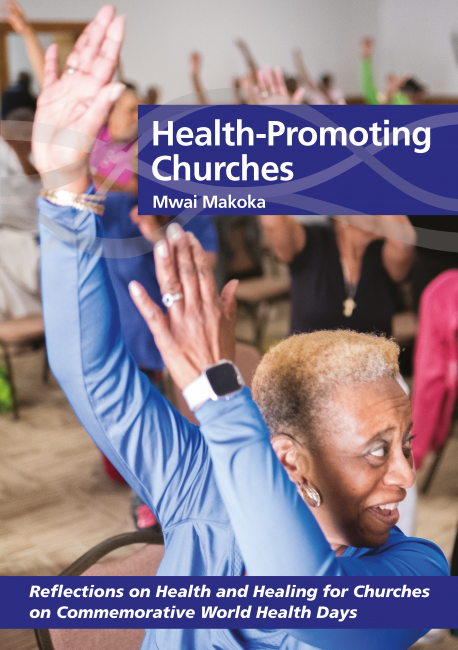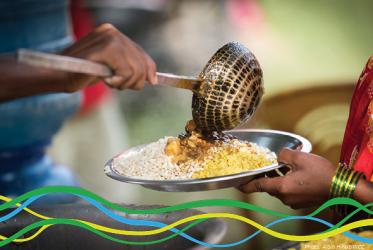Displaying 81 - 100 of 150
11 - 13 February 2021
4th International Faith-Based Investment Conference
15 January 2021
Online prayer service on World AIDS Day
01 December 2020
Ecumenical Global Health COVID-19 Response Framework
12 November 2020
Climate Justice with and for Children and Youth in Churches
Get Informed, Get Inspired, Take Action
25 October 2020
Treatment Adherence and Faith Healing in the Context of HIV and AIDS in Africa
Training Manual for Religious Leaders
25 October 2020
WCC Eco-School 2021 for Pacific region on Water, Food and Climate Justice
22 - 28 February 2021
Positive Masculinities and Femininities
Handbook for Adolescents and Young People in Faith Communities in Nigeria
19 October 2020
Healing Together
A Facilitator’s Resource for Ecumenical Faith and Community-Based Counselling
15 October 2020
Health-Promoting Churches Vol 1
Reflections on Health and Healing for Churches on Commemorative World Health Days
15 October 2020
Online prayer service for World Food Day
16 October 2020
Ecumenical prayer on the occasion of the Week of Action to Fight Inequality
20 January 2020
Ecumenical Centre
World AIDS Day 2019
01 December 2019
Water and Faith: Mobilizing local faith actors to achieve SDG6
29 August 2019
Tele2 Arena, Stockholm, Sweden

